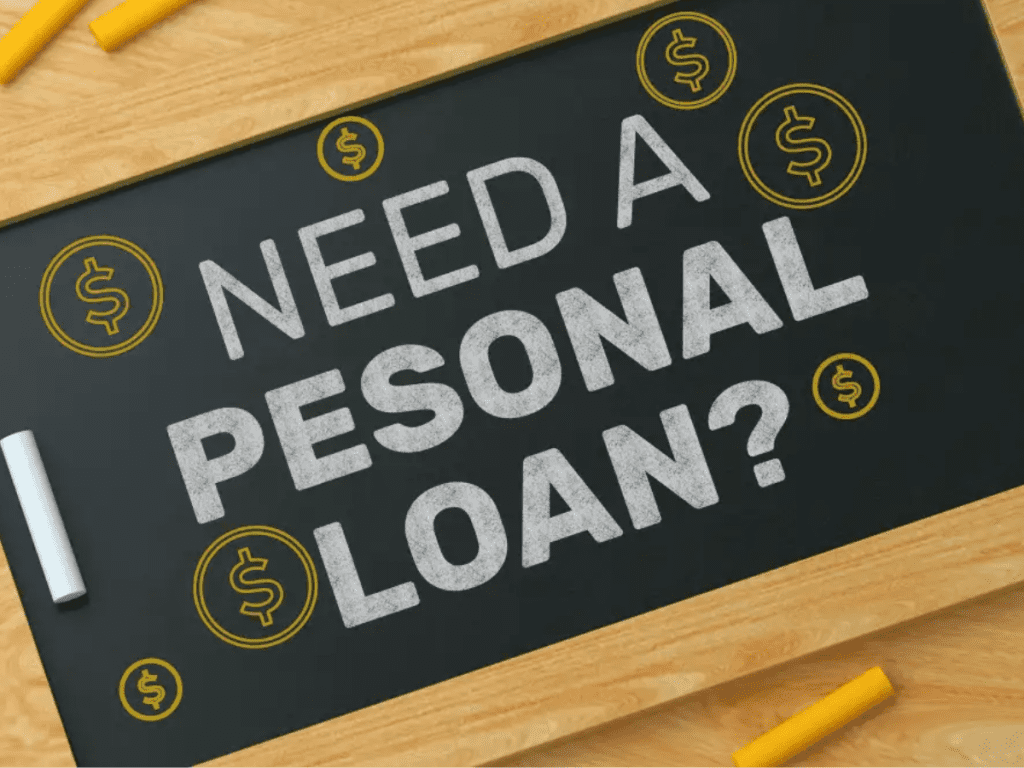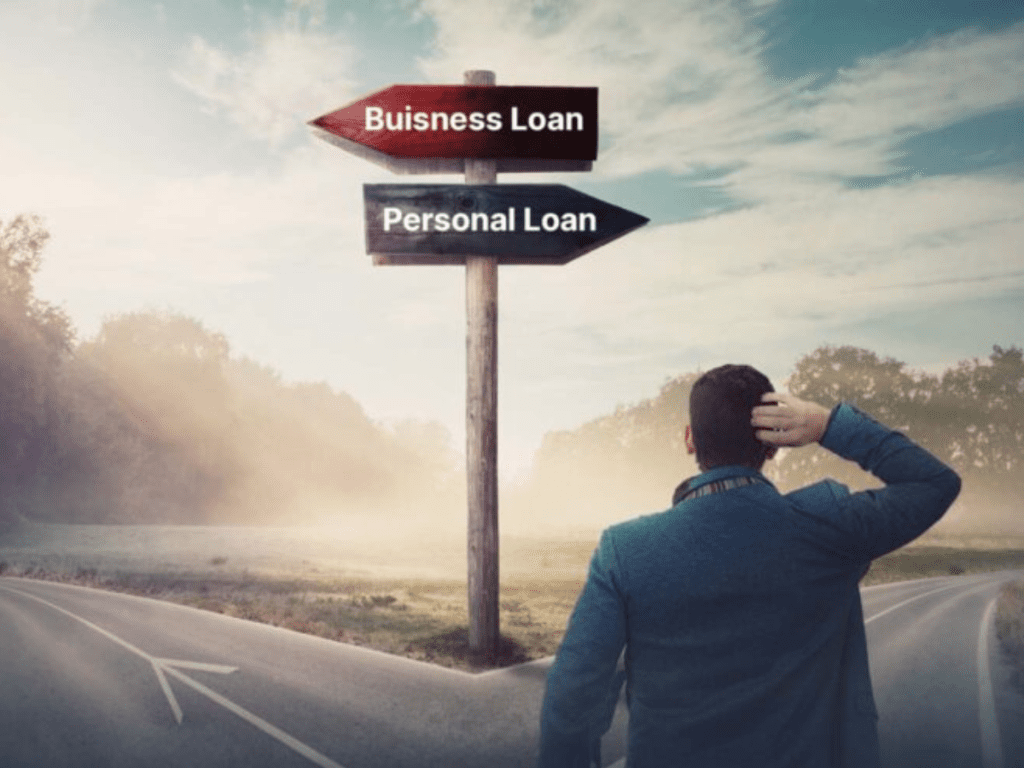Introduction
Personal loans can be an essential financial tool when used wisely, helping you consolidate debt, finance large expenses, or cover emergencies. However, once you’ve taken on a personal loan, your main goal should be to pay it off as quickly as possible while avoiding unnecessary interest charges. Whether you’re trying to pay off high-interest debt or simply want to become debt-free sooner, there are several strategies you can employ to accelerate your loan repayment. In this step-by-step guide, we’ll explore various methods to help you pay off your personal loan faster and ultimately save money.
Step 1: Understand Your Loan Terms
The first step in paying off your personal loan faster is to fully understand the terms of the loan. Personal loans can vary widely in their interest rates, repayment periods, and other conditions. These factors will influence how much you pay each month and the total amount of interest you’ll be charged over the life of the loan.
- Loan Amount: This is the original amount you borrowed.
- Interest Rate: The percentage the lender charges you for borrowing the money.
- Loan Term: The length of time you have to repay the loan, typically ranging from one to five years.
- Repayment Schedule: This specifies how often you need to make payments (e.g., monthly, bi-weekly, etc.).
By understanding these key factors, you can determine how much interest you’ll be paying over time and how much flexibility you have in your monthly payments. This knowledge will empower you to make smarter decisions about how to manage your debt.
Step 2: Review Your Current Budget
Before you begin making extra payments on your loan, it’s essential to take a close look at your finances. This means reviewing your income, expenses, and any other debts you may have. Once you have a clear picture of your financial situation, you can identify areas where you can cut back or reallocate funds to put toward your loan.
Start by creating a detailed budget that includes:
- Income: All sources of money coming in each month.
- Expenses: Fixed costs (e.g., rent, utilities, subscriptions) and variable costs (e.g., groceries, entertainment).
- Debt Payments: Include your loan payments and any other debts (credit cards, mortgages, etc.).
By tracking your expenses and identifying unnecessary spending, you may find areas where you can save money. For example, reducing dining out, canceling unused subscriptions, or cutting back on entertainment expenses can free up funds to put toward your loan.
Step 3: Make Extra Payments
One of the most effective ways to pay off your personal loan faster is to make extra payments. By paying more than the required monthly payment, you can reduce the principal balance of your loan more quickly. This helps you pay off the loan faster and minimizes the amount of interest you’ll have to pay over time.
There are several ways you can approach making extra payments:
- Paying More Each Month: You can simply increase your monthly payment by a set amount. Even small increases, such as paying an extra $50 or $100 per month, can significantly reduce the length of your loan.
- Making Biweekly Payments: Instead of making one monthly payment, split your monthly payment in half and pay that amount every two weeks. This results in 26 half-payments per year, which is equivalent to 13 full payments instead of 12. This extra payment can help you pay off your loan faster.
- Making Lump-Sum Payments: If you receive a bonus at work, tax refund, or any other windfall of cash, use that money to make a lump-sum payment on your loan. Applying these extra funds directly to the principal will help reduce the amount of interest you’ll be charged and lower your overall debt faster.
Step 4: Refinance Your Loan
Refinancing is another option that can help you pay off your loan faster, especially if interest rates have dropped since you originally took out the loan. Refinancing involves taking out a new loan with better terms (e.g., a lower interest rate or a shorter loan term) to pay off your existing personal loan.
By refinancing your loan, you can potentially reduce the amount of interest you’ll pay over the life of the loan, which can make it easier to pay off the loan faster. However, it’s important to keep in mind that refinancing may come with fees, and extending the loan term could lower your monthly payments but increase the total interest paid.
When considering refinancing, make sure to compare interest rates, loan terms, and fees from different lenders. A lower interest rate or a shorter loan term can significantly reduce the overall cost of your loan.
Step 5: Cut Back on Non-Essential Spending
One of the best ways to free up extra money to pay off your personal loan faster is to cut back on non-essential spending. While it’s important to maintain a healthy lifestyle and enjoy some discretionary spending, finding areas where you can reduce your expenses will allow you to direct more money toward your loan.
Here are some common categories where you can consider cutting back:
- Entertainment: Reduce how much you spend on dining out, movies, or other recreational activities.
- Subscription Services: Evaluate whether you really need all your streaming services, magazines, or other subscriptions.
- Clothing and Personal Care: Avoid purchasing new clothes or other non-essential items until your loan is paid off.
Small changes to your lifestyle can add up quickly, providing you with more money to accelerate your loan repayment.
Step 6: Consider a Side Hustle or Additional Income
If you find that your current income isn’t enough to pay off your loan as quickly as you’d like, consider taking on a side hustle or finding additional ways to earn money. Whether it’s freelancing, driving for a rideshare service, or offering tutoring services, additional income can help you make larger payments on your loan.
Even working a few hours a week at a part-time job or online gig can significantly boost your income and speed up your debt repayment. Consider your skills and interests to find a side hustle that fits into your schedule and will help you generate extra cash flow.
Step 7: Automate Payments to Stay on Track
One of the easiest ways to ensure that you stay consistent with your loan repayment is to set up automatic payments. Many lenders offer automatic payment options, which can be set to withdraw funds directly from your bank account on a specific date each month.
Setting up automatic payments not only helps you avoid late fees but also ensures that you stay on track with your repayment plan. You can even set up auto-payments for extra amounts above your required payment, which makes paying off your loan even easier. Automating your payments removes the temptation to skip or delay payments, ultimately helping you pay off your loan faster.
Step 8: Track Your Progress and Adjust When Necessary
As you work toward paying off your loan faster, it’s important to track your progress. Regularly reviewing your loan balance, monthly payments, and remaining term will help you stay motivated and on track. It’s also a good idea to check whether there are any changes in your financial situation that may require you to adjust your repayment plan.
If you receive a raise, cut back on your expenses, or pay off other debts, use that extra money to increase your loan payments and reduce the repayment term. Staying flexible and committed to your goal will help you achieve financial freedom faster.
Step 9: Avoid Accumulating More Debt
As you work toward paying off your personal loan, it’s crucial to avoid accumulating more debt. Adding more loans or credit card balances will only slow down your progress and increase your financial burden. Focus on staying debt-free and making progress on paying off your current loan.
Be mindful of your spending habits and work on improving your overall financial health. If you find yourself in need of funds in the future, consider using savings or cutting back on unnecessary expenses instead of taking on new debt.
Step 10: Celebrate Your Success
Once you’ve successfully paid off your personal loan, take the time to celebrate your achievement. Paying off a loan early is a significant milestone, and it’s important to acknowledge your hard work. Whether you choose to treat yourself to something small or simply enjoy the relief of being debt-free, celebrating your success will keep you motivated as you continue on your financial journey.
Conclusion
Paying off a personal loan faster requires discipline, strategy, and a clear understanding of your finances. By following these steps—understanding your loan terms, reviewing your budget, making extra payments, refinancing if necessary, cutting back on non-essential expenses, increasing your income, automating payments, and avoiding additional debt—you can pay off your loan quicker and save money on interest. Stay committed to your goal, track your progress, and remember that financial freedom is within reach.

